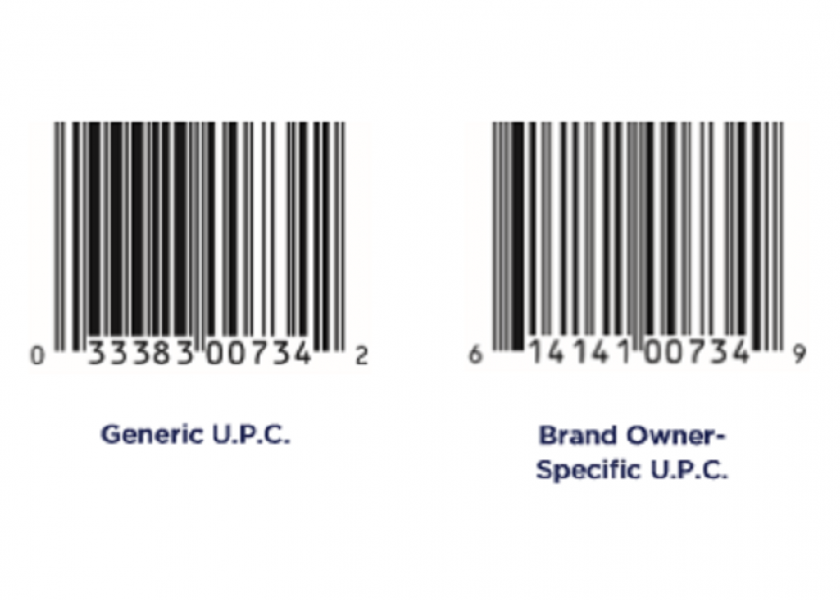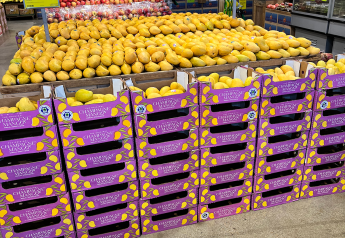Goodbye, generic UPCs, as produce shifts to specific codes

Starting in 2020, new generic Universal Product Codes will not be issued for produce in the U.S. and Canada, with company-specific codes taking their place.
The Produce Marketing Association and Canadian Produce Marketing Association announced the change Nov. 13, “at the direction and influence of the industry,” according to a news release. That includes PMA’s Produce ID Committee and the Romaine Task Force, whose recent report on an E. coli outbreak supports the elimination of the generic UPCs.
The industry has been shifting away from the generic codes for numerous reasons, including better category management data, enhanced traceability and a more accurate inventory for retailers and suppliers.
Using the owner specific UPCs — or Global Trade Item Numbers (GTINs) which companies have been adopting as a UPC alternative — also enhances food safety by speeding up the recall process, according to the CPMA/PMA news release.
“There are a variety of benefits for retailers when our suppliers convert from generic UPCs to company-specific UPCs,“ Harlan Ewert, produce commodity coordinator at The Kroger Co., said in the release. “Company-specific UPCs provide us with better data to make meaningful decisions in our business. For example, they enable retailers to differentiate between brands of products in the same category and determine sell-through and shrink data by brand.”
Floral products are not included in the policy change, and current generic UPCs for fresh produce will not be affected.
The Produce Electronic Identification Board created the generic codes in 1990 to help capture and store data across multiple categories and companies, making checkout more accurate for retailers, Ed Treacy, PMA’s vice president of supply chain and sustainability, said in the release.
““Over time, the costs and capabilities of data tracking and storage have changed,” he said in the release. “Sunsetting the issuance of generic UPCs is one more way to empower our industry to do more with data.”
The produce associations recommend that companies consider the change when ordering packaging, and that retailers do the same when making category management decisions or ordering product.
With the rise of GTINs and decreasing requests for generic UPCs, the produce associations “believe now is the appropriate time to begin the next steps in this change,” Jane Proctor, CPMA’s vice president of policy and issue management, said in the release.
“Once we no longer issue new generic UPCs, we will work at the direction of industry to develop a plan to sunset the use of the existing generic UPCs across the industry,” Proctor said in the release.
Starting in 2020, produce companies needing a brand-owner specific UPC will need to obtain a company prefix through GS1. The company also has information on obtaining GTINs.
For questions about product codes in U.S. and Mexico the PMA’s Wendy Logan can answer questions at wlogan@pma.com or 302-607-2143. The CPMA’s Shannon Sommerauer can answer questions at ssommerauer@cpma.ca or 613-226-4187, ext. 235.
An hour-long Produce Traceability Initiative web seminar is available on PMA’s website, and the CPMA’s website has a brochure explaining the benefits of shifting from a generic to a brand-owner specific product code.







